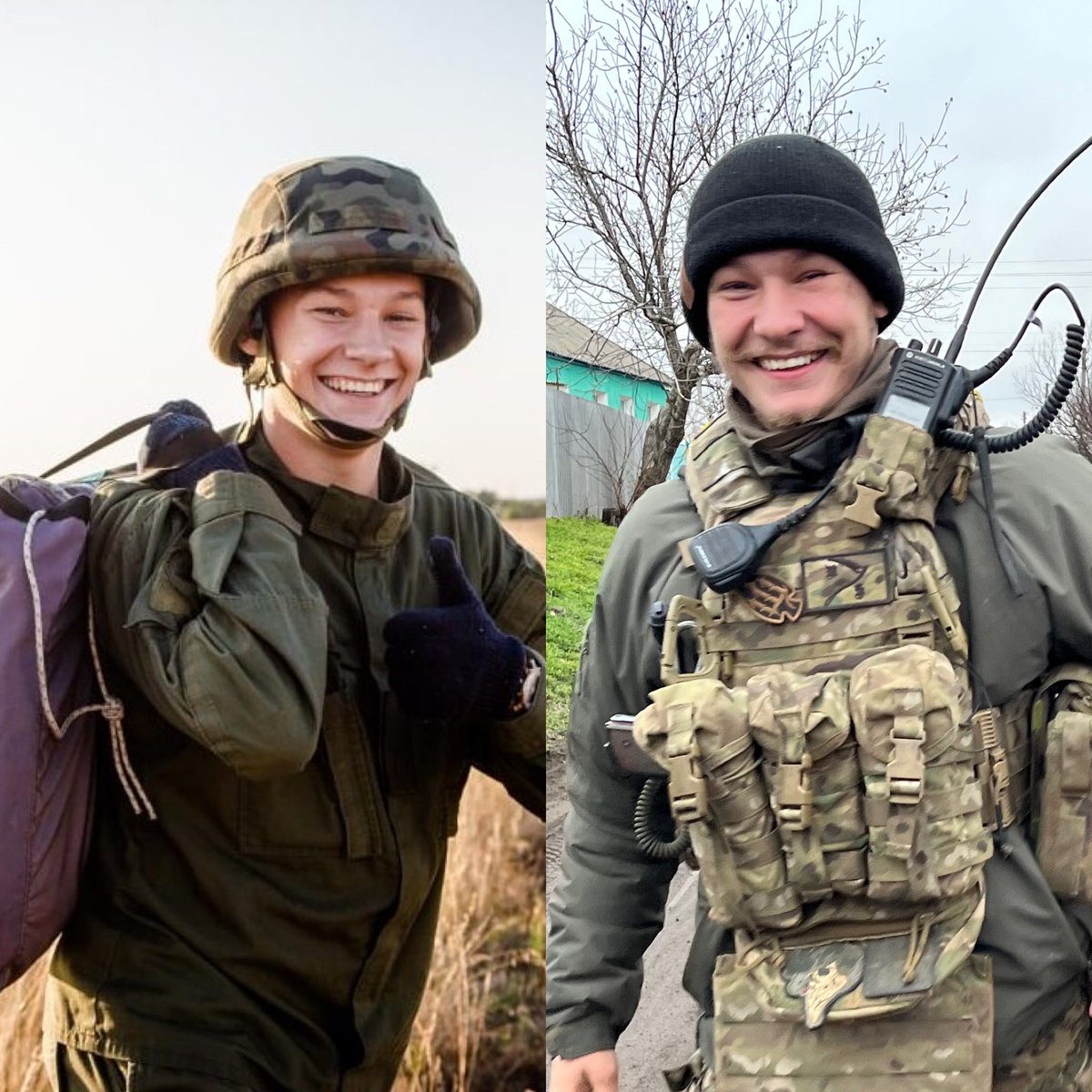The children no-one wants. The families of Islamic State Group at Al Hol camp, Syria.
Here's a long read on the remaining radicalisation and the desperation inside the Al Hol internment camp. bbc.com/news/world-mid…
Asma is six months old and suffering from malnutrition. Many of those who remained with IS until the end starved as the group refused to surrender in Baghouz. Asma barely made a noise she was so ill. 

The most sick are transferred to a hospital in Hasaka. Some of the children - Norwegian, Indonesian, Somali and more - don’t even have names. 



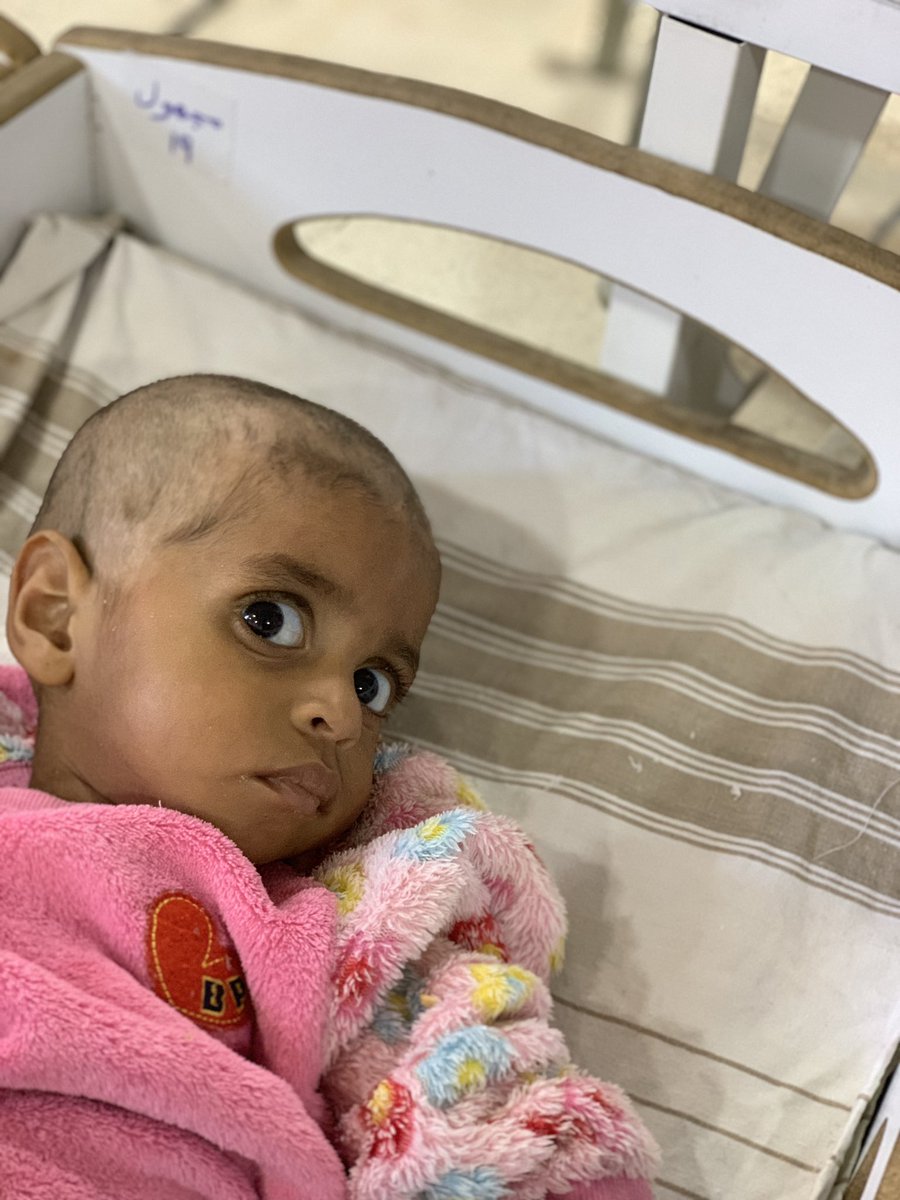
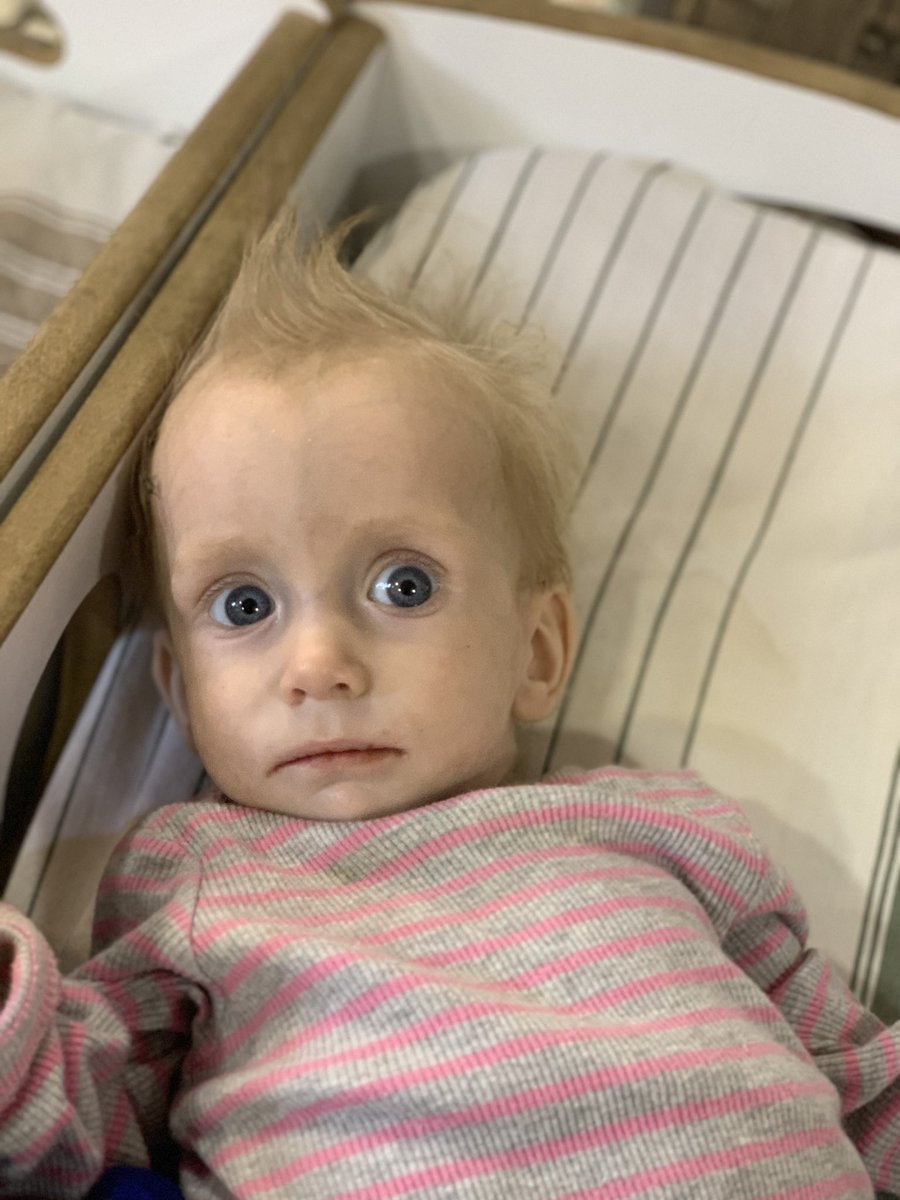
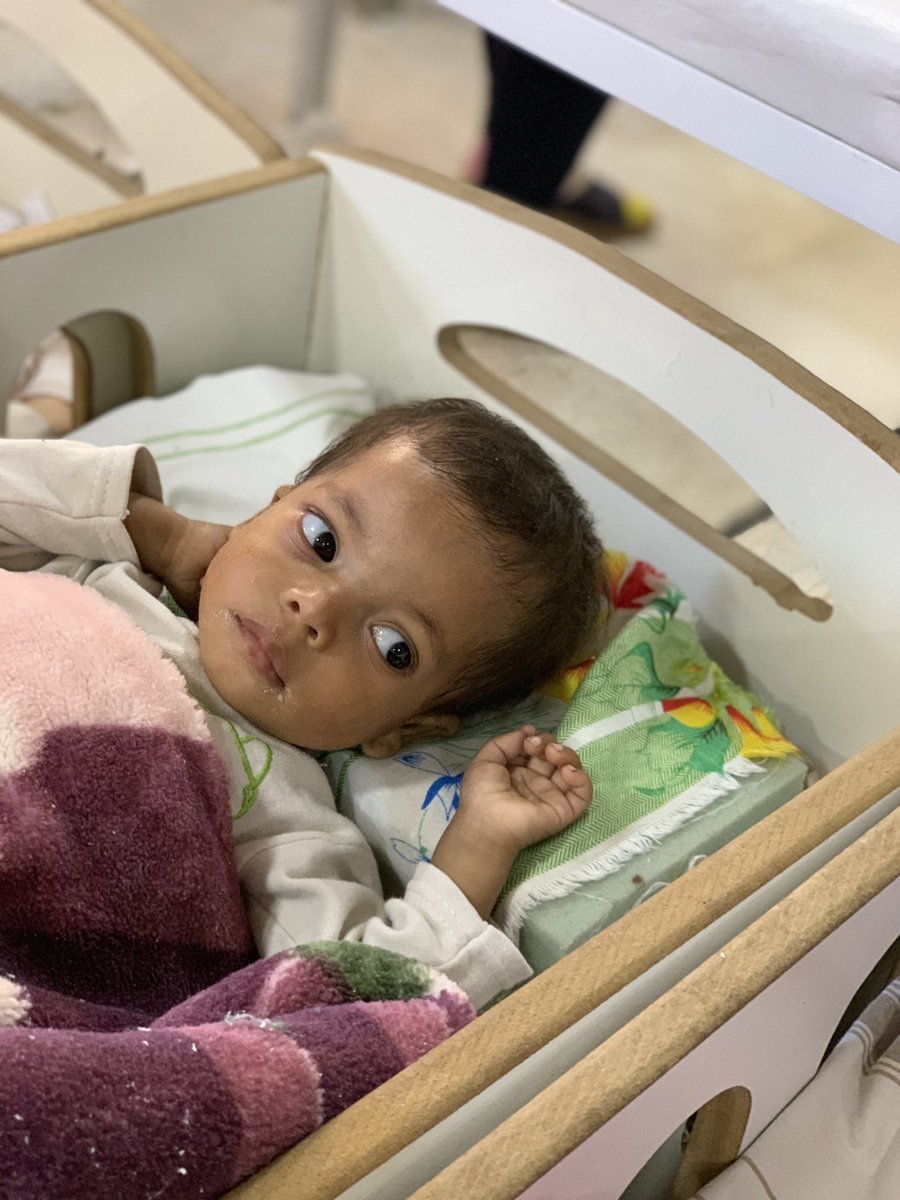

With victory, comes responsibility. The west isn’t doing enough for these kids. The don’t belong in Syria.
When they’re well enough they are sent back to Al Hol camp, which is filthy and overwhelmed. Many of them replase, a senior doctor in Hasaka told me 

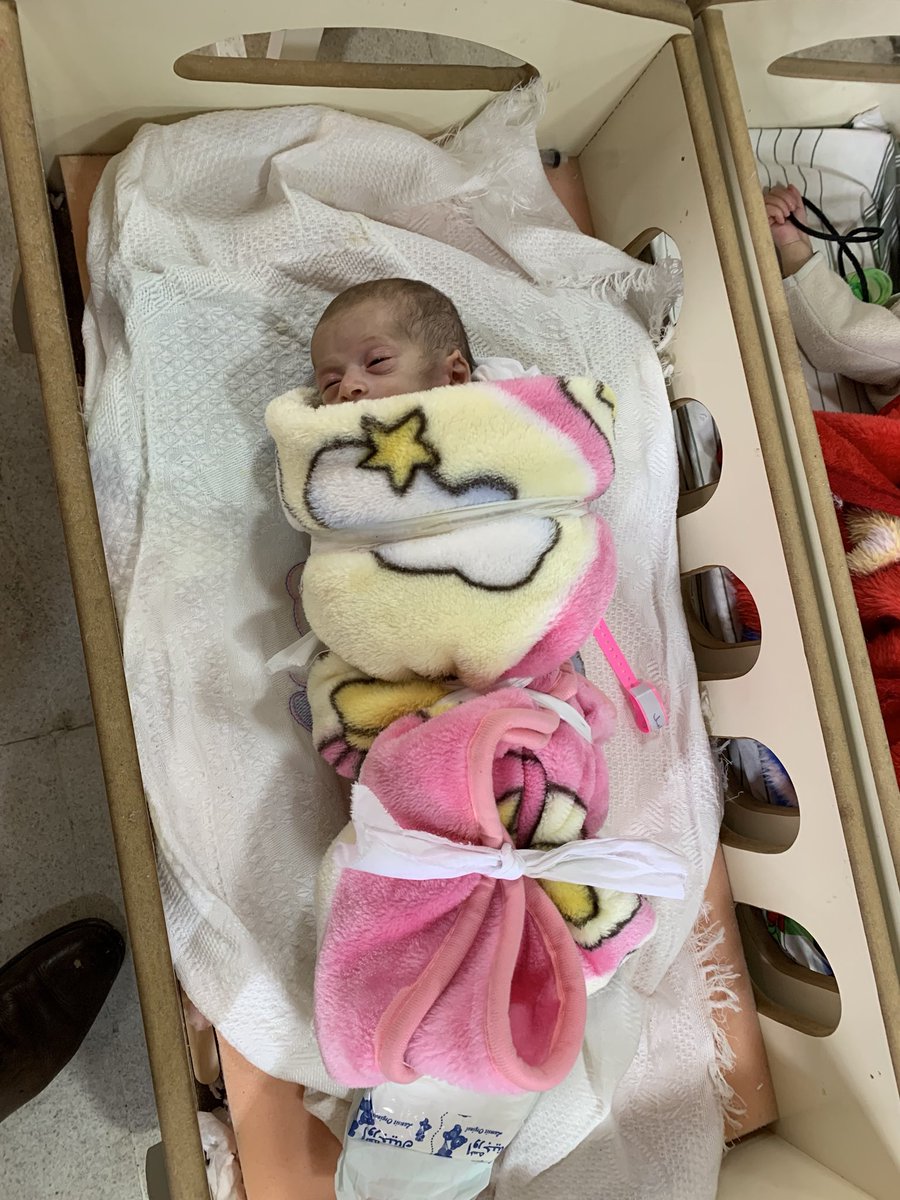

Graphic image. The Kurds are treating their enemy with care and compassion and to the limits of their resources. They need more help. Zubaida and Hafsa Arab received third degree burns. They’re given paracetamol for the pain. They don’t sleep at night. 

"ISIS families come here, but we deal with them as a humanitarian crisis not like an enemy that fought us. Many of our men were killed, a lot of our families were killed, but we don’t do as they did, we hope the world will help us to help them", Dr Idin, Hasaka City Hospital. 

IS fought to the last and used its families and hostages as protection. The coalition gave them many opportunities to surrender and let everyone go. IS released some, but held firm. Thousands died, and hundreds of those children who survived had terrible injuries. A Russian girl 

Britain says it's too dangerous to help recover these kids. But France, Germany and others are making efforts to save them from the appalling conditions and the dangers of long term radicalisation.
If these children are left in Syria then we are leaving them in the hands of extremists and at risk of radicalisation as they grow up. Their parents committed crimes; they did not. 





• • •
Missing some Tweet in this thread? You can try to
force a refresh


